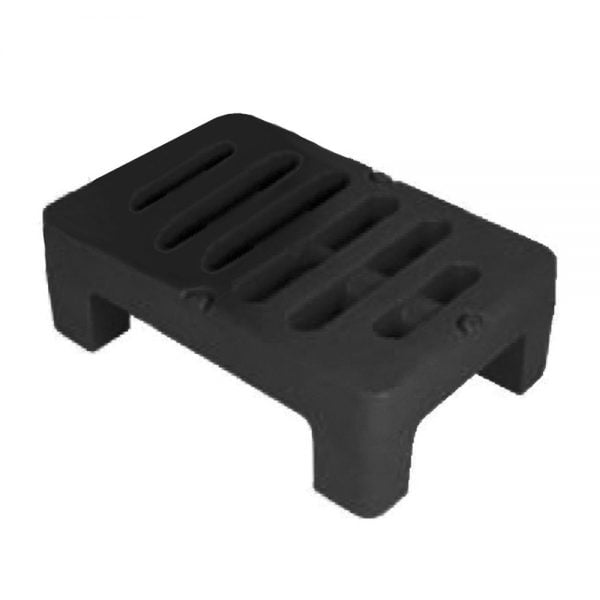Dunnage racks are essential storage solutions in commercial kitchens, warehouses, and foodservice environments. These low-profile platforms are designed to keep items elevated off the floor, promoting cleanliness, organization, and compliance with health regulations.
What Is a Dunnage Rack?
A dunnage rack is a sturdy, low-standing platform typically made from materials like stainless steel, aluminum, or heavy-duty plastic. Its primary function is to keep goods—such as bulk food items, cleaning supplies, or packaging materials—at least 6 inches off the ground. This elevation helps prevent contamination from dirt, moisture, and pests, and facilitates easier cleaning beneath the stored items. Health codes in many regions require this minimum clearance in food storage areas to ensure sanitation.
Key Benefits of Dunnage Racks
-
Sanitation Compliance: By elevating items, dunnage racks help meet health regulations that mandate off-the-floor storage.
-
Improved Airflow: Elevated storage allows for better air circulation around products, which is particularly beneficial in cold storage environments.
-
Durability: Constructed from robust materials, dunnage racks can support substantial weight, making them ideal for heavy or bulk items.
-
Versatility: Suitable for various settings, including kitchens, warehouses, and shipping areas, dunnage racks can store a wide range of products.
Types of Dunnage Racks
-
Stationary Racks: Fixed in place, these racks are ideal for permanent storage solutions.
-
Mobile Racks: Equipped with casters, mobile dunnage racks offer flexibility, allowing for easy movement and reconfiguration of storage spaces.
-
Material Variations:
-
Stainless Steel: Highly durable and resistant to corrosion, suitable for both dry and wet environments.
-
Aluminum: Lightweight yet sturdy, offering a balance between strength and maneuverability.
-
Polymer/Plastic: Resistant to rust and corrosion, often used in environments where chemical exposure is a concern.
-
Choosing the Right Dunnage Rack
When selecting a dunnage rack, consider the following:
-
Load Capacity: Ensure the rack can support the weight of the items you plan to store.
-
Material: Choose a material that suits your environment—stainless steel for durability, aluminum for lightweight needs, or plastic for chemical resistance.
-
Size and Dimensions: Select a rack that fits your available space and accommodates the size of your stored items.
-
Mobility: Decide between stationary and mobile racks based on your need for flexibility in storage arrangements.
For a variety of dunnage rack options tailored to different storage needs, you can explore offerings from A Plus Warehouse.
Check out our Dunnage Racks!
